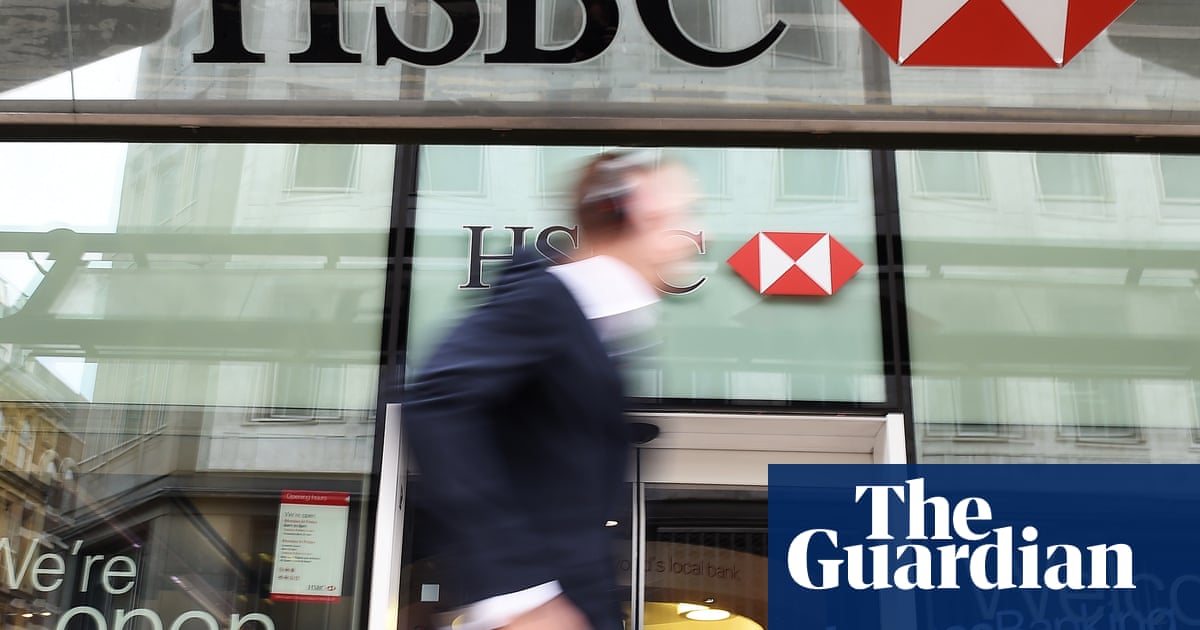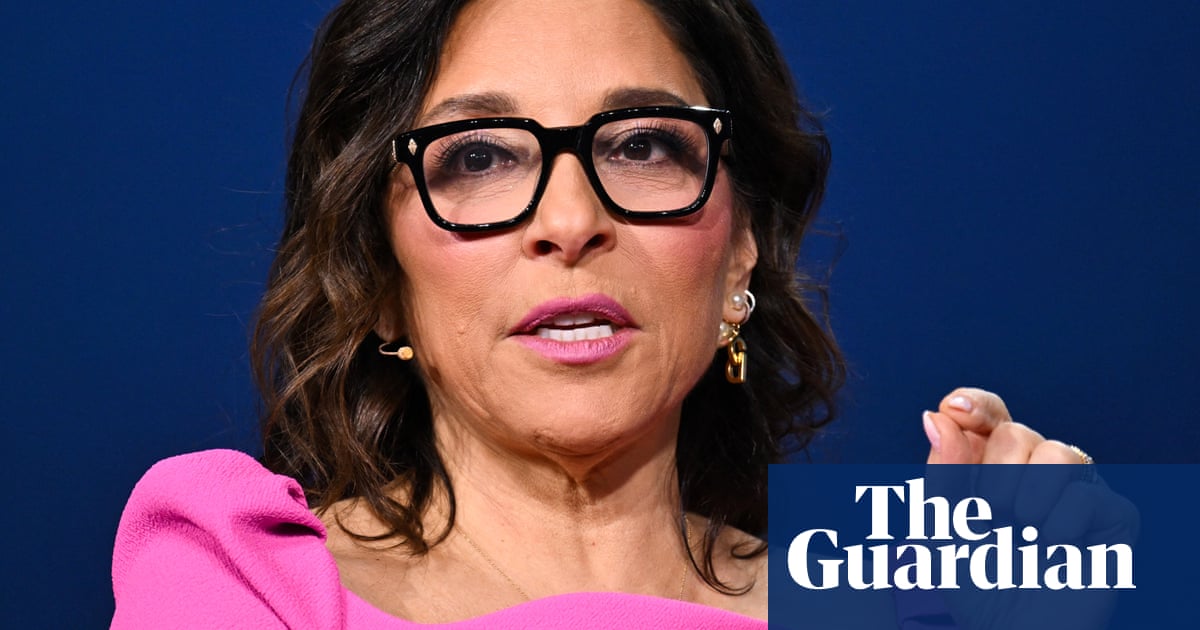US Stocks Decline Amid Inflation Concerns, Tech Sector Shows Resilience
NEW YORK (AP) — On Tuesday, the majority of U.S. stocks experienced a downturn, largely triggered by the latest inflation figures that dampened Wall Street's expectations for a reduction in interest rates.
The S&P 500 index dipped by 0.4%, although it remains close to its all-time high reached last week, with 90% of the stocks within the index seeing declines. Meanwhile, the Dow Jones Industrial Average witnessed a steeper drop of 436 points, equivalent to a 1% decline.
Notably, tech stocks emerged as a rare bright spot in the market, with the Nasdaq composite climbing by 0.2% to achieve another record high. This surge was significantly buoyed by Nvidia, a company that has become a pivotal player in the market.
The pressure on stocks stemmed from a recent report indicating that inflation in the United States accelerated to 2.7% in June, up from 2.4% in May. Economists highlighted that price increases were particularly evident in categories such as clothing, toys, and various imported goods. These rising costs could be linked to tariffs proposed by President Donald Trump aimed at persuading other countries to further open their markets to U.S. products.
“Inflation has begun to show the first signs of tariff pass-through,” remarked Ellen Zentner, chief economic strategist for Morgan Stanley Wealth Management. This statement underscores the potential impact of tariffs on consumer prices and overall economic stability.
Despite the inflation rate coming in close to economists' expectations, an underlying measure of inflation that analysts consider a better gauge of future trends increased by less than anticipated. This mixed data led to fluctuations in Treasury yields throughout the bond market, eventually resulting in an upward trend.
The yield on the 10-year Treasury rose to 4.48%, compared to 4.43% from the previous day. Similarly, the yield on the two-year Treasury, which closely aligns with predictions regarding the Federal Reserve's decisions on short-term interest rates, increased to 3.95% from 3.90%.
Should inflation continue to rise, it could constrain the Fed's ability to adjust interest rates, especially since they have maintained current rates throughout this year after making cuts at the end of the previous year. Lower interest rates are generally viewed favorably by Wall Street, as they tend to elevate stock prices and stimulate economic growth. President Trump has been vocal about his desire for the Fed to expedite rate cuts.
Federal Reserve Chair Jerome Powell has, however, emphasized the need to await further data concerning the effects of tariffs on both the economy and inflation before making any decisions. Following the inflation report released Tuesday, traders mostly maintain their expectations that the Fed will implement a cut to its main interest rate by the end of the year, although they have become more cautious regarding the number of cuts predicted.
Uncertainty looms over whether President Trump will implement the stringent tariffs he has proposed, or if he will reconsider in the face of potential economic and market turmoil. Hopes persist that he may negotiate trade agreements with other countries to reduce the high tariffs he has threatened.
On the same day, Trump announced a deal with Indonesia, in which the country committed to purchasing energy, agricultural products, and aircraft from the United States. He further stated that imports from Indonesia would now be subject to a 19% tariff, down from the previously threatened 32%.
Within the stock market, technology stocks outperformed others, bolstered by Nvidia’s announcement that the U.S. government had assured it that licenses for its H20 chip would be granted again. The anticipated resumption of deliveries contributed to Nvidia's 4% gain, which was a significant boost for the S&P 500.
Earlier this year, Nvidia had reported that U.S. restrictions on chips essential for artificial intelligence development had significantly impacted its earnings, resulting in losses for the first quarter.
In contrast, shares of major U.S. banks exhibited mixed reactions following the release of their latest profit figures. For instance, JPMorgan Chase saw a 0.7% decline despite posting stronger-than-expected profits, as CEO Jamie Dimon expressed concerns regarding economic risks stemming from tariffs and other factors. Conversely, Citigroup’s stock surged by 3.7% following a solid profit report, while Wells Fargo’s shares fell by 5.5% after the bank downgraded its forecast for a key revenue driver.
As the market closed, the S&P 500 decreased by 24.80 points, settling at 6,243.76. The Dow Jones Industrial Average fell by 436.36 points to 44,023.29, while the Nasdaq composite rose by 37.47 points to reach 20,677.80.
Looking at global markets, European indexes slipped following a mixed trading session in Asia, where indexes in Hong Kong rose by 1.6%, while Shanghai fell by 0.4% after a report indicated that China’s economic growth had only slightly slowed in the last quarter despite the pressure from Trump's tariffs.
___
AP Business Writer Yuri Kageyama contributed to this report.



























